Sleep affects your physical health in myriad ways. A number of studies have analyzed the important relationship between sleep and physical health. These studies have found just how essential sleep is to our physical health, as our body needs adequate rest to function properly.
Want to learn more about all the correlation between sleep and physical health? Keep reading to understand the ways in which sleep affects our lives!
How Does Sleep Affect Your Physical Health?
When we don’t get proper sleep, our physical health suffers. According to the Cleveland Clinic, lack of sleep is associated with an increased risk for heart disease, diabetes, and obesity. Not getting enough sleep can also exacerbate existing conditions, as the immune system is weakened by poor sleep.
Though we know that sleep is essential for optimal physical health, many struggle to get enough. According to a CDC report from 2016, 1 in 3 Americans reported that they don’t get enough sleep. That number is likely even higher now, as the coronavirus pandemic has been associated with poorer sleep.
Benefits of Sleep on Physical Health
It can be surprising to learn just how many ways sleep can improve our physical health. When we sleep, our bodies are repairing and restoring a number of systems, including the immune system and muscular system.
Sleep also allows your brain to consolidate memories, and is essential for your long-term memory. Sleep is also important for the cardiovascular system, as during rest heart rate and blood pressure rise and fall.
Lastly, your body releases hormones during sleep that help it repair itself and regulate its energy usage — these hormones help the body maintain a healthy weight.
Negative Effects of Sleep Deficiency
Sleep is necessary for so many processes that allow the body to function properly, so it makes sense that a lack of it can lead to serious negative health consequences. Sleep deprivation has been linked with life-threatening disorders, including heart disease, obesity, diabetes, and depression.
Take a look below at some of the short-term and long-term effects of sleep deprivation.
Sleep Deprivation and Physical Health
As seen above, sleep deprivation can lead to a number of negative physical health consequences. From weight gain to an impaired immune system, a lack of sleep is bad for the body. It can also lead to an increased risk of accidents, as the body’s response time is slowed and balance is impaired.
Though it may seem like prioritizing work or your social life over sleep isn’t a big deal, it can lead to serious health risks.
Sleep and Pain Relief
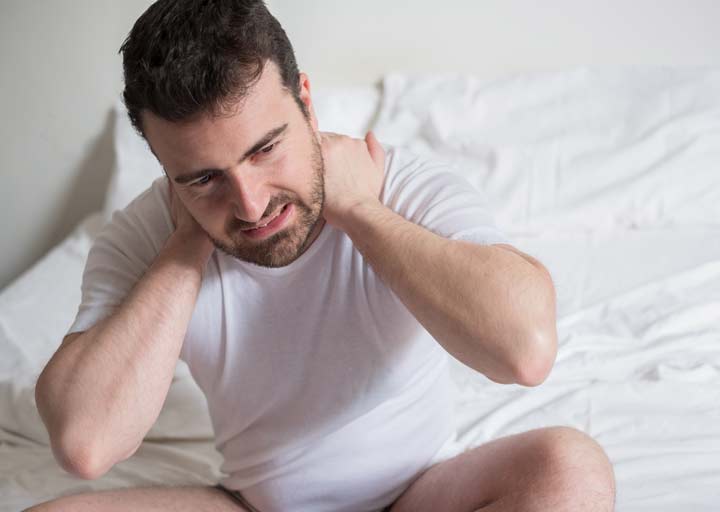
Best Mattresses for Arthritis (2025)
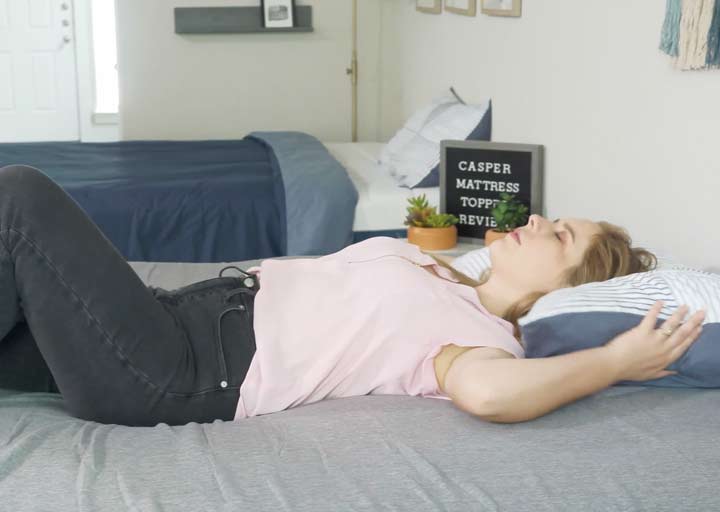
Best Mattress Toppers for Back Pain (2025)
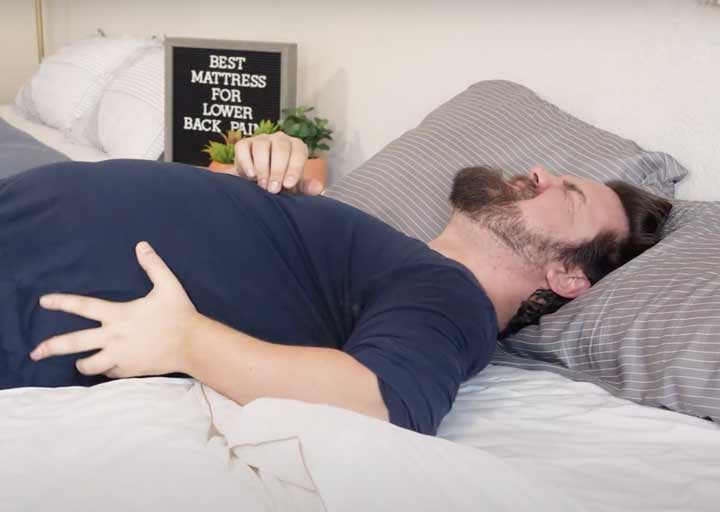
Best Mattresses for Sciatica (2025)
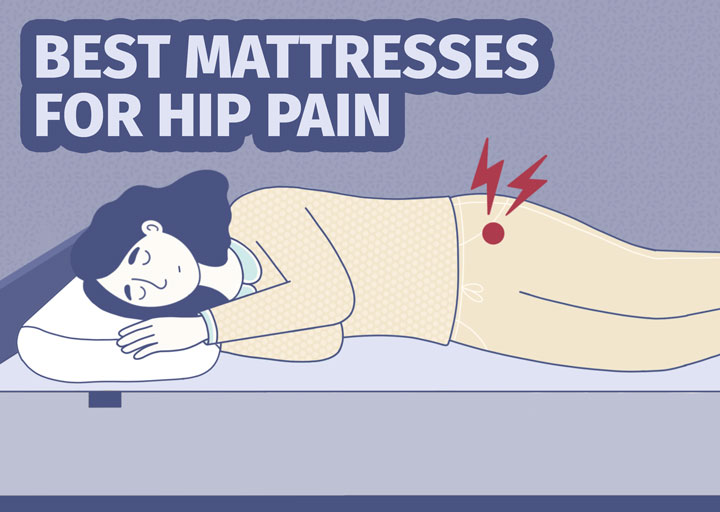
Best Mattresses for Hip Pain (2025)
Tips for Getting Better Sleep
If you want to keep your body functioning optimally, you’ll need to get sufficient and efficient sleep. Though it sounds simple, for many it can be a challenge.
Take a look below at some of our top tips for getting better sleep.
- Keep your bedroom cool, dark, and quiet. This makes for an optimal sleep environment.
- Don’t use your smartphone for at least 30 minutes before bed. The blue light emitted from devices keeps the mind awake.
- Go to bed at the same time each night, and wake up at the same time each day. This will train your body to know when it’s time to rest.
- Exercise on a regular basis (but not right before bedtime). Regular physical activity will help tire your body out and get it ready for rest.
- Don’t consume caffeine or alcohol close to bedtime. You’ll want to stop drinking caffeine about four hours before bed, and alcohol at least two.
- Only use your body for sleep and sex. This will help you associate your bed with these activities only.
You can find more tips and tricks in our detailed sleep hygiene guide.
Air Quality and Skin Health Sleep Resources

The Best Air Purifiers – Our Top 5 Picks
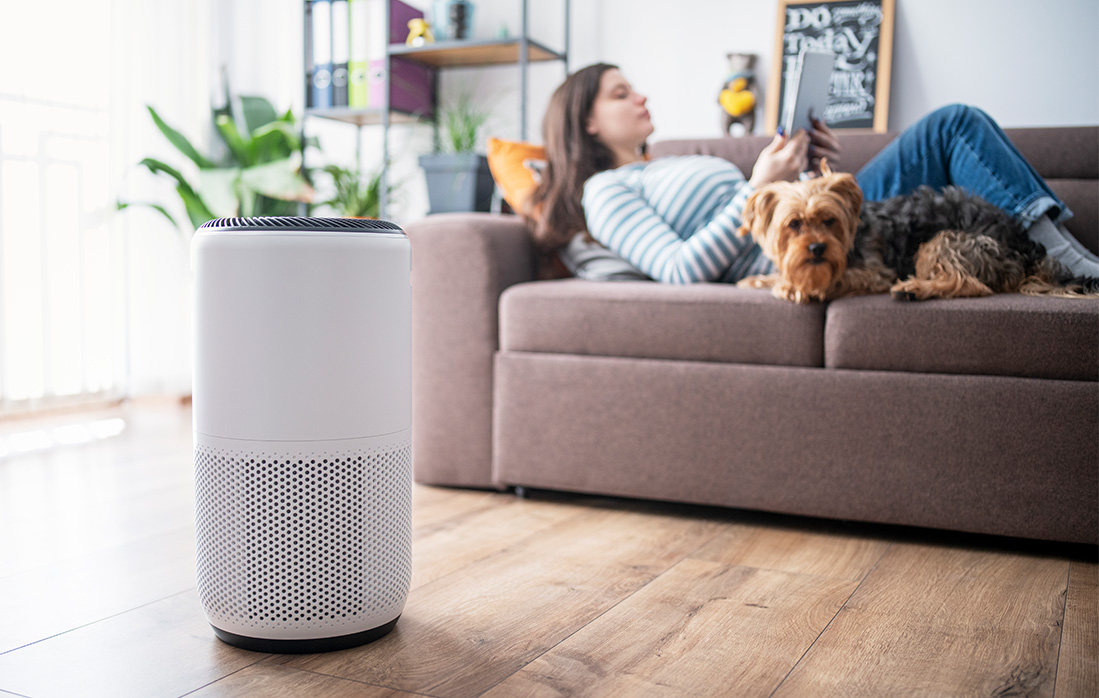
Should I Sleep with an Air Purifier On?
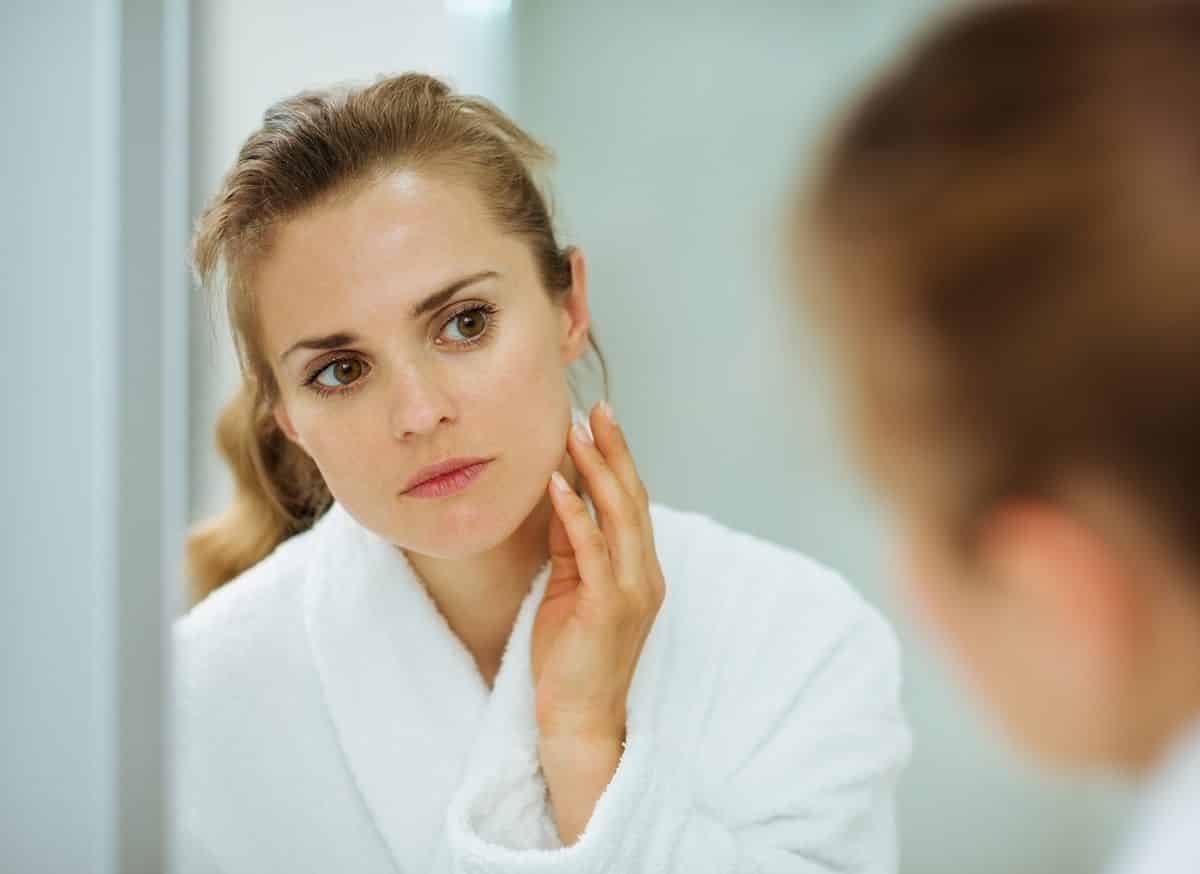
What Sleep Deprivation Does to Your Skin

